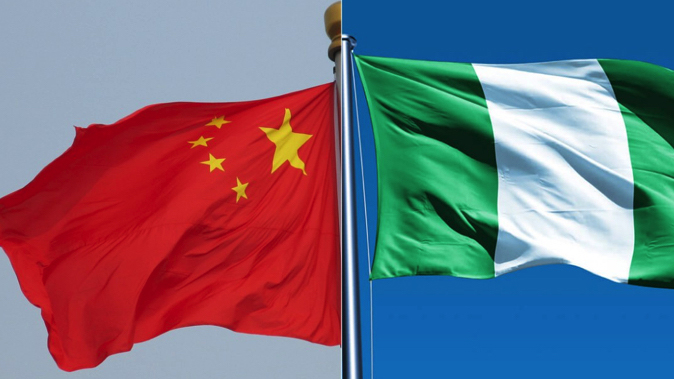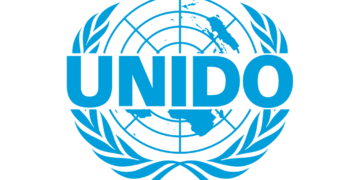In a vibrant celebration of cultural diplomacy, China and Nigeria have deepened their bilateral relations through the enchanting art of Pingtan, a traditional Chinese performance style.
Held at the China Cultural Centre in Abuja, the event drew diplomats, artists, and culture enthusiasts, highlighting the growing synergy between both nations in promoting mutual understanding through the arts.
The rich, poetic rhythms of Chinese Pingtan music echoed through the centre as Chinese and Nigerian dignitaries, students, and cultural enthusiasts gathered to celebrate a profound cultural exchange.
The event, headlined by the Wuxi Fellows’ Portrait of Walter Tang—a traditional Chinese Pingtan performance—was hosted by the Chinese Embassy and the China Cultural Centre in Nigeria.
In his welcome address, Yang Jianxing, Counsellor for Cultural Affairs of the Chinese Embassy in Nigeria and director of the China Cultural Centre in Nigeria, described the occasion as a bridge of friendship and understanding between the two nations.
“Today, we gather to enjoy the Wuxi Fellows’ Portrait of Walter Tang, a Pingtan art performance. This is not just a performance; it is a gift of heritage, embodying the spirit of the Jiangnan region—rich in history, beauty, and talent,” Yang said.
He emphasised the uniqueness of Pingtan, a storytelling art form that originated in the water towns of Southern China and combines narrative, opera, and instrumental music in the soft Wu dialect.
The deputy director of the Wuxi Pingtan Troupe, Mr. Shen Jie, elaborated on the performance’s cultural importance.
“Pingtan uses the softer Wu dialect to recount the vicissitudes of life, evoking deep emotions through the pipa and sanxian. We hope this art serves as a bridge of peace, understanding, and harmony.”
Representing Nigeria’s Ministry of Art, Culture, and Creative Economy, Raphael Oraelunu, chief of staff to the minister of art, tourism and creative economy, noted that despite the geographical distance, “Pingtan blooms on this vibrant soil to foster heartfelt connections and shared values across borders.”
Oraelunu added that this art form, with its elegant storytelling and musical cadence, is similar to African oral traditions. “We look forward to deeper partnerships and cultural exchanges between Nigeria and China,” he said.
The event also received commendation from the director of programmes at the Federal Radio Corporation of Nigeria (FRCN), Mrs Msurshima Kighir, who represented the DG FRCN, and announced that the FRCN will soon begin teaching Mandarin Chinese on its network service.
“This is part of our commitment to promoting cultural understanding and unity through our programme, Diplomatic Ties,” she said.
Director of FCT Secondary Education, Mrs Fatima Sambo, praised China’s cultural outreach and noted that involving Nigerian students in such activities nurtures cross-cultural awareness.
“Without culture, there is no identity, and without identity, there is no nation,” she stated.
Mohammed Suleiman, president of the Chinese Alumni Association and Society of Nigerian Artists, emphasised cultural performances’ economic and creative potential.
“Art is not just a display—it’s a livelihood. This exchange shows how cultures can enrich each other and create employment through costume design, music, and language,” he said.
The evening concluded with thunderous applause for the visiting Wuxi Pingtan Troupe, who travelled over 10,000 kilometres to perform in Nigeria.
Their performance captivated the audience, blending traditional Chinese melodies with universal themes of love, history, and human connection.




